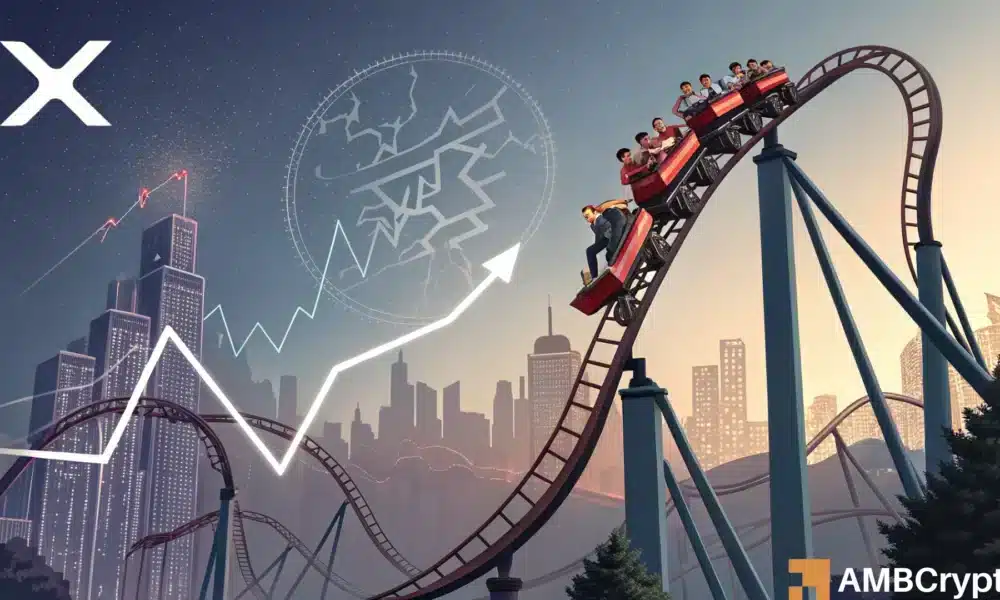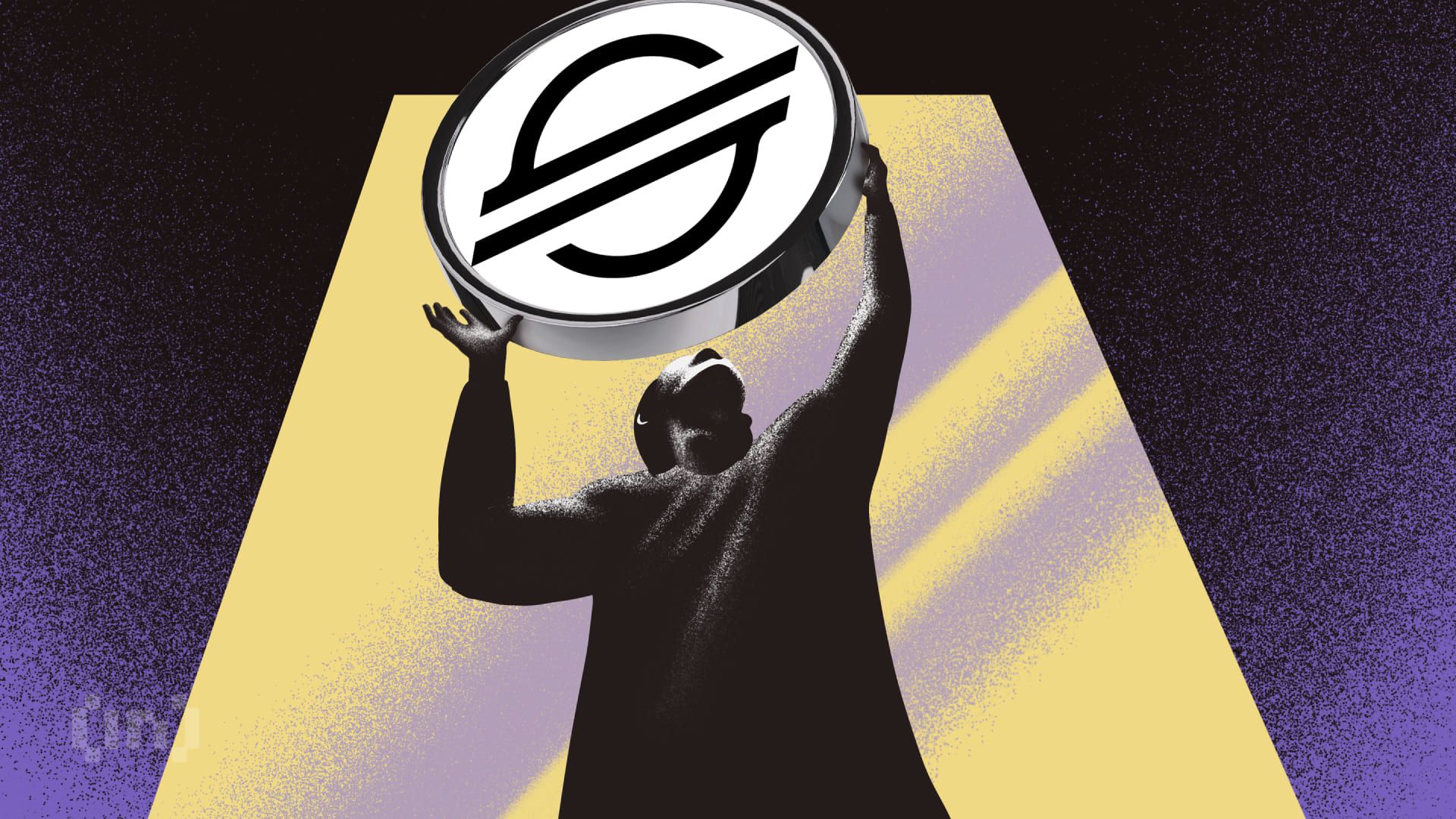Solana vs Ethereum: The Battle for Scalability
In the world of blockchain, scalability has become a crucial factor in determining the success of a network. Solana, a relatively new player in the game, has been making waves with its impressive throughput, processing an average of 60 million daily transactions compared to Ethereum’s 1 million. This stark difference in transaction speed has raised the question: does scalability matter more than reputation in today’s blockchain wars?
The Rise of Solana
Solana’s rapid rise to prominence can be attributed to its unique approach to scalability. By utilizing a combination of innovative technologies such as Proof of History and Tower BFT, Solana is able to achieve high transaction speeds without compromising on security. This has attracted a growing number of developers and users to the platform, eager to take advantage of its fast and low-cost transactions.
The Challenges Faced by Ethereum
On the other hand, Ethereum, the pioneer in smart contract platforms, has been struggling with scalability issues for years. The network congestion has led to skyrocketing gas fees and slow transaction times, posing significant challenges for developers and users alike. Despite its strong reputation and established ecosystem, Ethereum’s scalability limitations have become increasingly apparent in the face of Solana’s rise.
Impact on Individuals
For individual users and developers, the battle between Solana and Ethereum has significant implications. Those who prioritize fast and cheap transactions may find Solana to be a more attractive option, while Ethereum’s loyal user base may stick with the platform despite its scalability issues. Ultimately, the choice between Solana and Ethereum will depend on individual preferences and priorities.
Impact on the World
On a larger scale, the competition between Solana and Ethereum reflects the broader trend in the blockchain industry towards scalability and efficiency. As more projects and applications move to blockchain platforms, the ability to handle high transaction volumes quickly and securely will become increasingly important. The success of Solana in this regard may pave the way for a new generation of blockchain networks that prioritize scalability above all else.
Conclusion
In conclusion, Solana’s impressive transaction speeds highlight the growing importance of scalability in the blockchain industry. While Ethereum may continue to hold onto its reputation and strong developer community, the scalability limitations it faces could pose challenges in the long run. As the battle for scalability continues, it will be interesting to see how blockchain networks evolve to meet the growing demands of users and developers.





